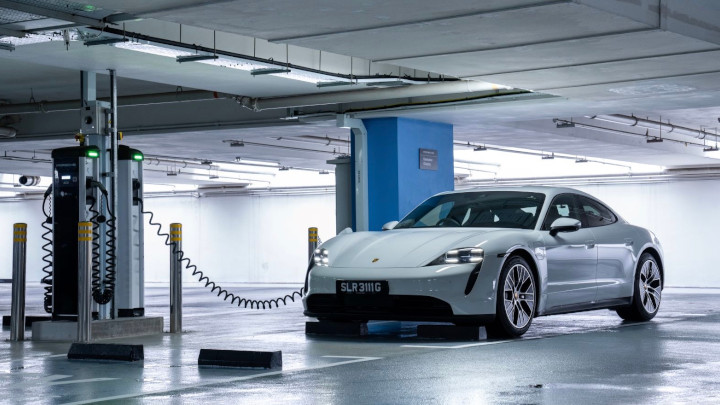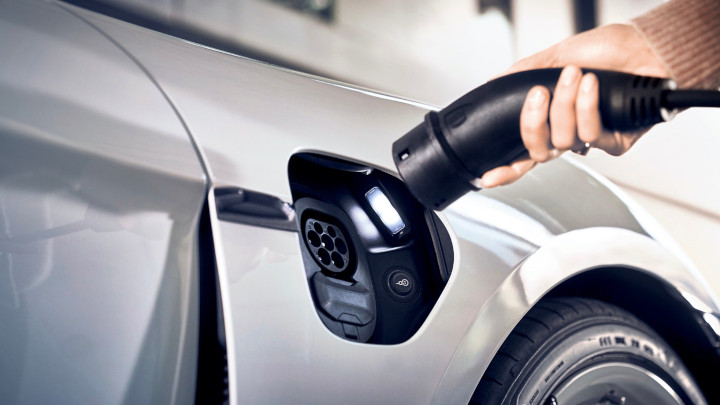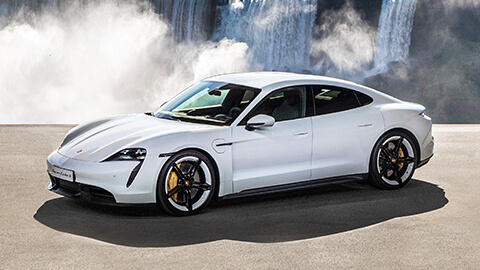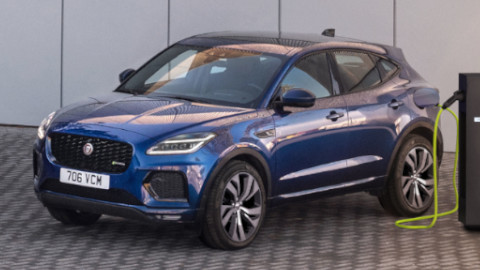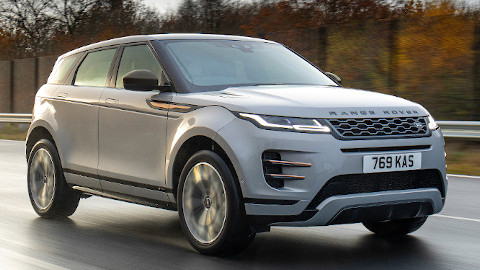Introduction to hybrid and electric cars
As the world focuses on being kinder to the environment, car manufacturers have begun to expand their new car ranges to include hybrid and electric vehicles.
Deciding which type of electrified car is suitable for you may be daunting at first, but once you have a better understanding of the key differences, charging points, benefits, and the costs involved you'll be more confident you are making the correct decision.
What are the different types of electric vehicles?

Mild Hybrid Electric Vehicle (MHEV)
Mild hybrid systems assist the ICE and improve fuel economy by harvesting and storing energy that is normally lost when braking.

Hybrid Electric Vehicle (HEV)
HEVs combine an ICE with an electric motor and battery pack that is charged through regenerative braking to offer all-electric driving for short distances.
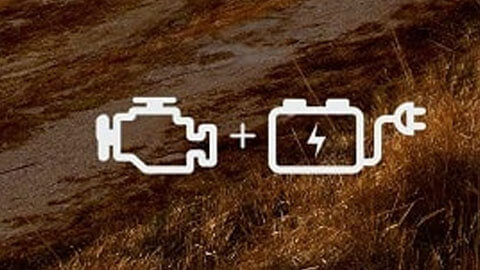
Plug-in Hybrid Vehicle (PHEV)
A PHEV uses a similar setup to a HEV, but has a much larger battery pack to offer a more substantial all-electric range. You will need to plug in to fully recharge.
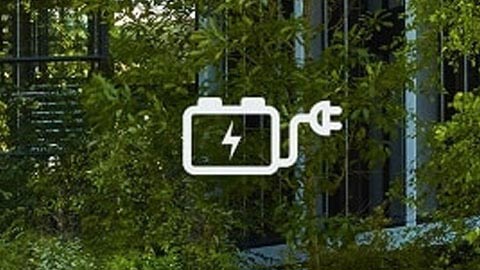
Battery Electric Vehicle (BEV)
BEVs only use an electric motor and battery pack for power, producing zero tailpipe emissions and impressive all-electric ranges. There is no combustion engine, so you will need to plug in to recharge.
Find your perfect hybrid or electric car
Searching for a used hybrid or electric car?
With a plethora of excellent used hybrid or electric cars within our collection, we are confident we will have something to suit.
Hybrid and electric guides and advice
Best Luxury and Premium Hybrid Cars
There are various types of hybrid vehicles, discover some of the best used luxury and premium mild, full and plug-in hybrid cars.
Best Hybrid and Electric Sports Cars
Promising to deliver high performance, remarkable handling and enhanced efficiency; these are the best hybrid and electric sports cars.
Are Electric Cars Practical for the Countryside?
Electric cars are fairly common in cities, but there are plenty of models that are perfect for drivers living in rural areas, too.
View All Guides and Advice
We have written a wide range of EV-related articles to answer some of the most common questions and highlight the best EVs currently available.
Frequently Asked Questions
Advancements in technology have resulted in electric cars that are more capable of driving longer distances with an increased range.
The real answer of how far an electric car can go largely depends on the car, as the all-electric range varies considerably, but if we take the Jaguar I-PACE as an example, it can travel up to 292 miles, according to WLTP.
The current predication for how long car batteries will last in electric cars is between 10 and 20 years.
Like with mobile phone batteries, electric car batteries gradually decline in condition; affecting the amount of charge the battery can hold.
The life of a battery is largely dependent on how it is cared for; overheating, overcharging, deep discharge and high discharge can all impact the battery's condition.
Most car manufacturers will have a five to 8-year warranty on their batteries to provide peace of mind to customers.
Simple answer - no.
Electric cars have unique qualities that make the driving experience the complete opposite to boring. Powerful yet silent, electric vehicles benefit from instant torque from the electric motor; resulting in rapid acceleration, faster than the acceleration from a petrol or diesel car.
Remarkably fast, some electric cars are even reaching supercar levels of acceleration and are accomplishing 62mph from a standstill in less than 4 seconds.
Take the Porsche Taycan, for example, with a top speed of 162mph and a zero to 62mph time of a mere 2.8 seconds we would consider this electric car to be very fast indeed.
The absence of an internal combustion engine and therefore no fuel to burn results in electric cars being kinder to the environment.
Thanks to zero CO2 emissions you can expect free road tax, just to add to the list of benefits.
Efficiency is a key attribute of electric cars thanks to them converting over 77 percent of the electrical energy from the grid to power at the wheels, compared to around 12 to 30 percent being converted with a conventional petrol-powered car.
You do not have to go for a BEV to experience increased efficiency as hybrid cars are efficient too. The use of intelligent regenerative braking captures and stores energy that would normally be lost when braking and redeploys the energy to assist with acceleration.
Yes, there are plenty of hybrid and electric cars that are available with all-wheel or four-wheel drive such as the Jaguar I-PACE, Mercedes-Benz GLC Plug-in Hybrid and the BMW X5 Plug-in Hybrid, to name a few.
Yes, there are grants available for plug-in vehicles. Which grant and how much you are entitled to will depend on if your car meets certain criteria. You can find full details on the government website.

